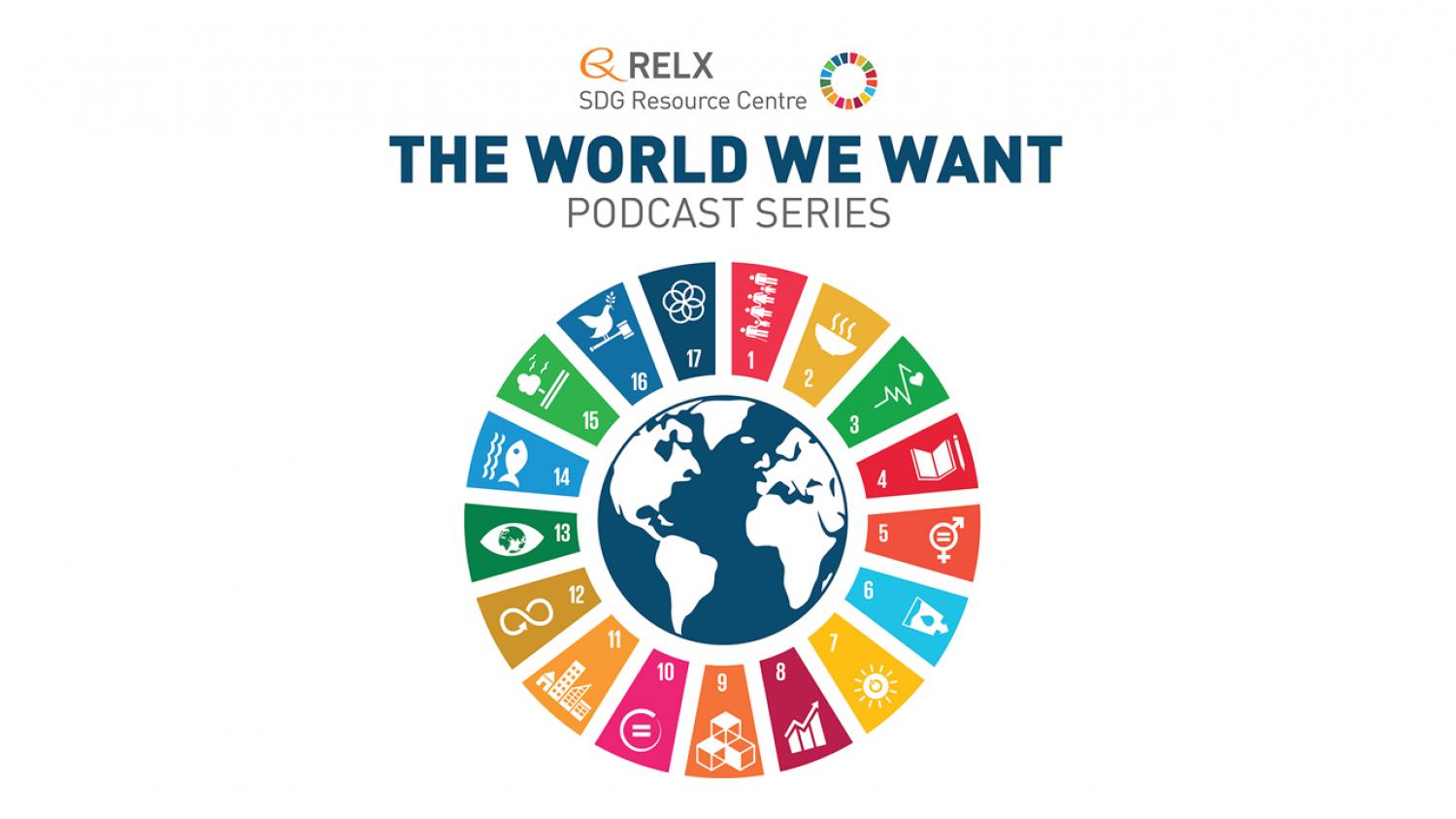This paper concludes that In the participating Dene population, vitamin D, fiber, and calcium intake were low, resulting in deficiencies for the majority of the participants and that Poor nutritional status might be because of several complex and intersecting challenges experienced by northern Indigenous communities, such as the historical context of colonialism, remote food insecurity, and social and environmental inequities. It is suggested that nutrition education, financial interventions, and store-food pricing policies should be put in place to facilitate access to market food, and culturally adequate initiatives, such as community harvest programs, should be put in place to facilitate better access to TFs/CFs.
This chapter aligns with SDG Goal 5: Gender equality and Goal 13: Climate action by discussing how effective implementation of a green economy can empower women to adapt to climate change.
To mark International Day for Biological Diversity 2023, Elsevier, launched a free to download report that takes an in-depth look into Dutch biodiversity research in comparison to other nations.
This chapter advances UN SDG goals 11, 13, and 9 by examining how cities can transform in the face of climate change and socio-ecological crises to become more sustainable and resilient.
Promoting Desired Lifestyles Among Adults with Severe Autism and Intellectual Disabilities Person Centered Applications of Behavior Analysis, 2023, Pages 15-34
This content aligns with Goal 3: Good Health as well as Goal 17: Partnership for the goals by introducing how behavior analysis principles and procedures can be synthesized with the concept and practices of person-centeredness to promote desired lifestyles among adults with severe autism and intellectual disabilities.
This chapter aligns with Goal 3: Good Health and Wellbeing, Goal 12: Responsible Consumption, and Goal 15: Life on Land by acknowledging how the conservation of water resources is imperative to the continued sustainability of life, particularly in arid regions. By utilizing resources in a highly managed, efficient and targeted way for agricultural purposes there is less lost to waste.
In this episode of the “World We Want” podcast series, Dr. Eric Altschular and Simone Emmons talk to Márcia Balisciano about the their book Animal Assisted Therapy and the importance of service animals in treating a large array of mental health disorders.
Climate change is no longer just an issue for ESG specialists - it affects everyone. In today's world, the legal community has a crucial role to play in driving the climate change agenda forward. This article is based on ten interviews with over 10 influential General and Legal Counsels to understand the crucial role that legal teams can play in driving the environmental agenda forward, and is related to SDGs 13 and 16.
As the world scrambles to reach net-zero emissions by 2050, hydrogen has emerged as a potential silver bullet to help mitigate climate change. Hydrogen has been in consideration as a potential aid to decarbonization for over 50 years. However, it is only now that it has gained traction in government strategies, business plans, and the media. But what makes the attention given to hydrogen in the 2020s different from the 1970s? This article relates to SDGs 7 and 13.
RX, a RELX business, has published the RX Sustainability Playbook to support event and operations teams in making more sustainable choices when planning conferences and events. This resource is useful for anyone looking reduce the carbon footprint and waste in their events and is related to SDGs 12 and 13.





